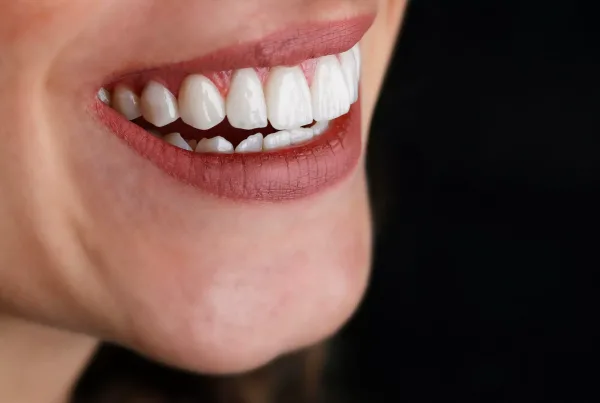A tooth tattoo, also known as dental tattoo or odontotattoo, is a cosmetic dental procedure in which a design or image is applied to a tooth’s surface using specialized dental materials. It is a form of dental art that allows individuals to personalize their smiles with unique designs. Here’s how a tooth tattoo is typically done:
- Consultation: The process begins with a consultation with a dentist or dental professional who specializes in cosmetic dentistry. During the consultation, you’ll discuss your design preferences, the size and placement of the tattoo, and any concerns you may have.
- Tooth Preparation: The tooth receiving the tattoo is carefully cleaned and prepared. This may involve removing any debris, stains, or plaque from the tooth’s surface.
- Design Transfer: The chosen design or image is transferred onto the tooth’s surface using a special stencil, template, or transfer technique. The dentist will use safe dental materials to create the design.
- Application of Dental Material: A tooth tattoo is typically created using a biocompatible and safe dental resin or composite material. This material is carefully applied to the tooth’s surface in layers to build up the design.
- Curing: Once the design is applied, a special dental curing light is used to harden and set the dental material. This ensures that the tattoo becomes durable and resistant to wear.
- Polishing and Finishing: After the dental material is cured, the dentist will carefully shape and polish the tattoo to achieve a smooth and natural appearance. This step ensures that the tattoo blends seamlessly with the surrounding tooth structure.
- Final Check and Adjustment: The dentist will assess the final result, making any necessary adjustments to ensure the tattoo looks and feels comfortable. They will also provide aftercare instructions.
It’s important to note that tooth tattoos are considered a cosmetic procedure and are not a routine dental treatment. The durability of a tooth tattoo can vary, and over time, it may naturally wear down or require touch-ups. Additionally, not all dentists offer tooth tattooing, so you may need to research and find a dentist who specializes in this type of cosmetic dentistry.
Before deciding to get a tooth tattoo, it’s essential to have a thorough discussion with a qualified dentist, carefully consider your design choice, and understand the potential risks and benefits. Keep in mind that dental health should always be a priority, and any cosmetic procedure should be performed by a trained professional in a safe and sanitary environment.





